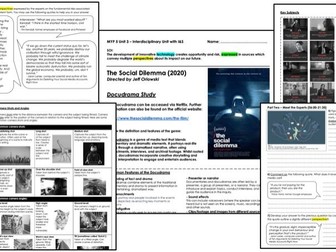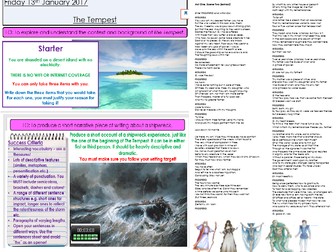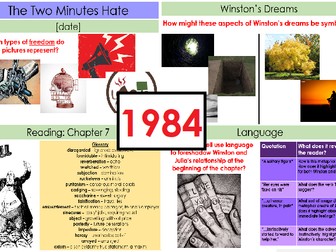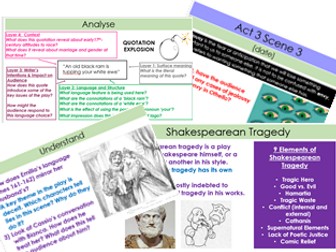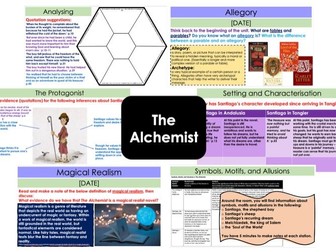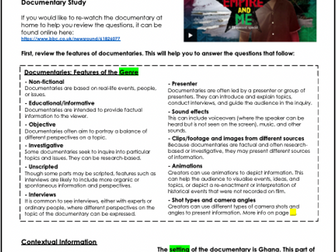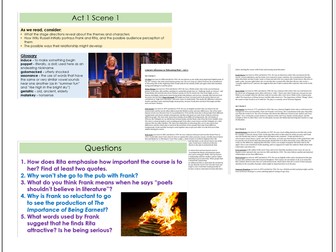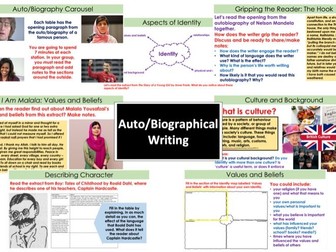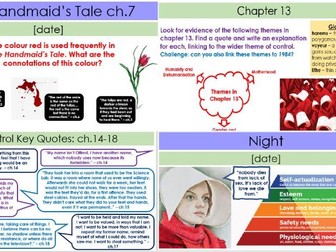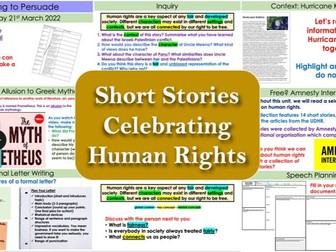The Social Dilemma Documentary Film Study Booklet
<p>This work booklet is designed for students to complete an in-depth analytical study of the 2020 Netflix docu-drama ‘The Social Dilemma’.</p>
<p>The booklet is split into 4 sections, with a total of 30 questions designed to encourage students to interpret the use of various techniques in the docu-drama and explore the potential effects on the audience. The booklet also includes a glossary of the features of the genre, a guide to camera shots and angles, and an overview of the characters and subjects of the documentary.</p>
<p>The booklet is designed for us in the IB MYP curriculum, but is very easily adaptable for any English-language curriculum.</p>
